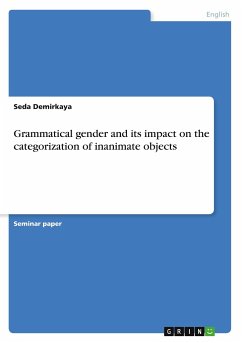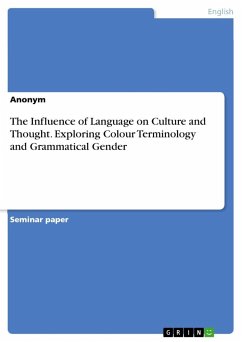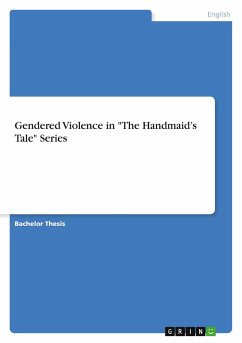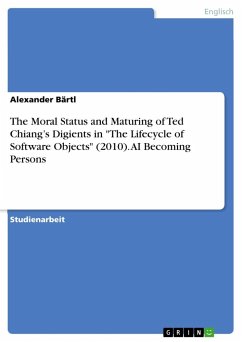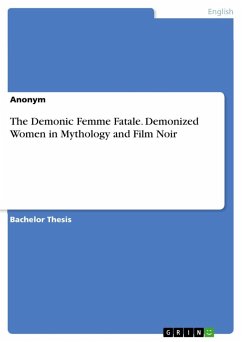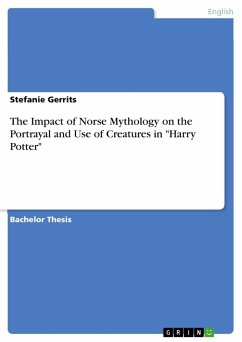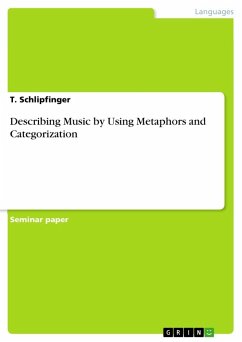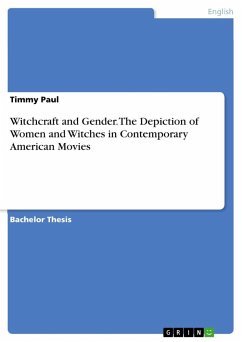Seminar paper from the year 2019 in the subject English Language and Literature Studies - Other, grade: 1,3, University of Wuppertal, language: English, abstract: Throughout history, the relation between language and thought has been of interest for scholars of different fields such as philosophy, psychology and linguistics. Whereas Wittgenstein was convinced that language is thought, as ¿[n]ow it is becoming clear why [he] thought that thinking and language were the same. For thinking is a kind of language,¿ (1969) others like Pinker (1994) and Fodor (1975) believed there is no relation whatsoever and that thought is independent of language. However, with regard to studies confirming the notion of language indeed having an effect on cognition, the broad consensus is that neither of these extreme approaches is correct and that the truth is situated somewhere in between. In this context, it is the Sapir¿Whorf (or Whorfian) hypothesis¿better known as the linguistic relativity hypothesis¿that has gained great attention amongst psycholinguists, for at its heart it holds the very idea that the languages we speak at least influence the way we think. Evidence supporting this theory stems from various domains describing differences between languages with respect to perceptions and judgments of concepts, such as quantity, space and time. In recent decades, however, the grammatical gender of nouns in particular, as one aspect of grammar, has been the focus of investigations and debates on linguistic relativity. Several cross-linguistic studies indicate that speakers of languages which have a gender system tend to assign stereotypical attributes and properties to inanimate objects congruent with their grammatical gender. Though there is empirical evidence substantiating this hypothesis, there is a considerable amount of research findings which show little to no support, which therefore leads to the question whether grammatical gender is a useful tool for the investigation of linguistic relativity after all. By this token, the present paper will provide a collection of works which outline this discussion, showing that certain aspects need to be taken into consideration when assessing the grammatical gender as evidence for language's influence on thought. The choice of selection is based on the fact that their research findings build up on each other¿s content and allow transitions in a logical manner. Definitions and elaborations of linguistic relativity and grammatical gender in the beginning and a recently published review of empirical studies as an outlook for future research ultimately frame this piece of work.
Bitte wählen Sie Ihr Anliegen aus.
Rechnungen
Retourenschein anfordern
Bestellstatus
Storno

